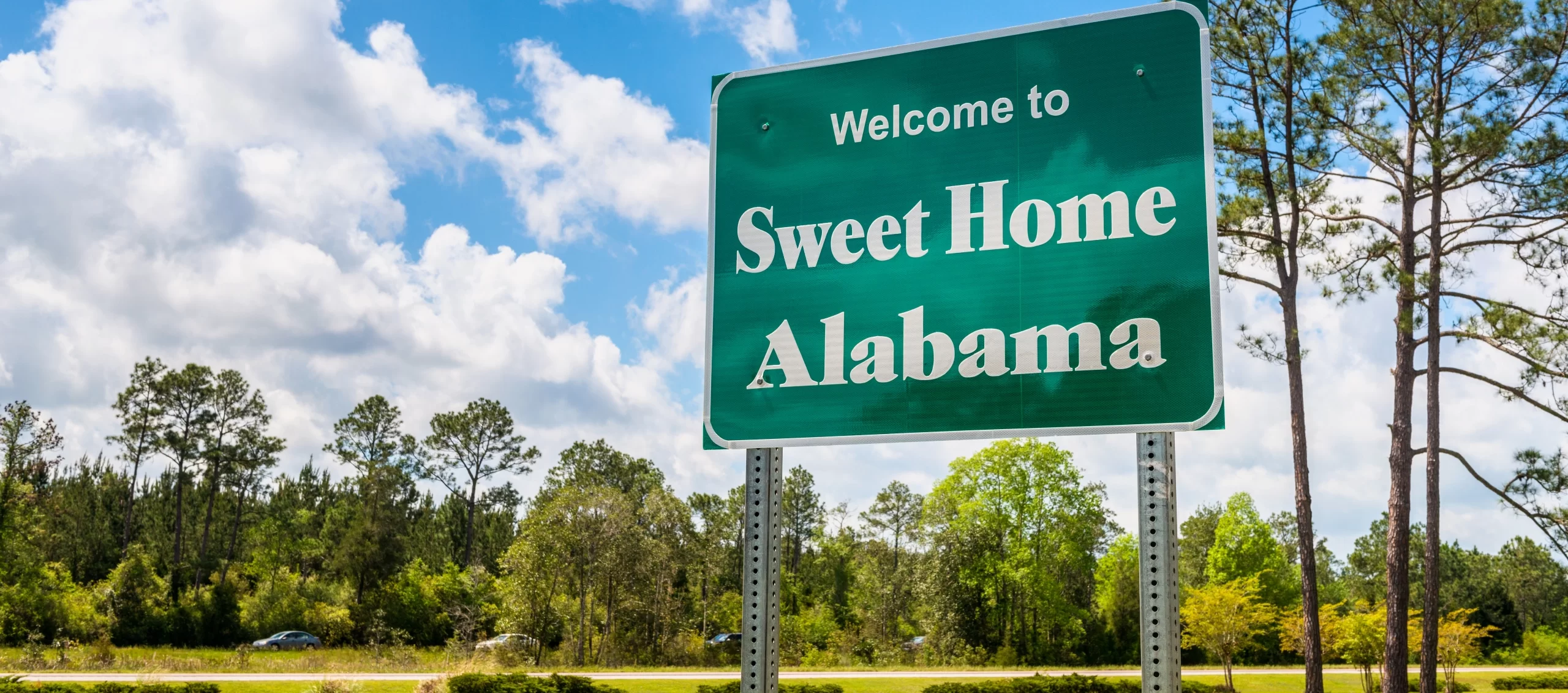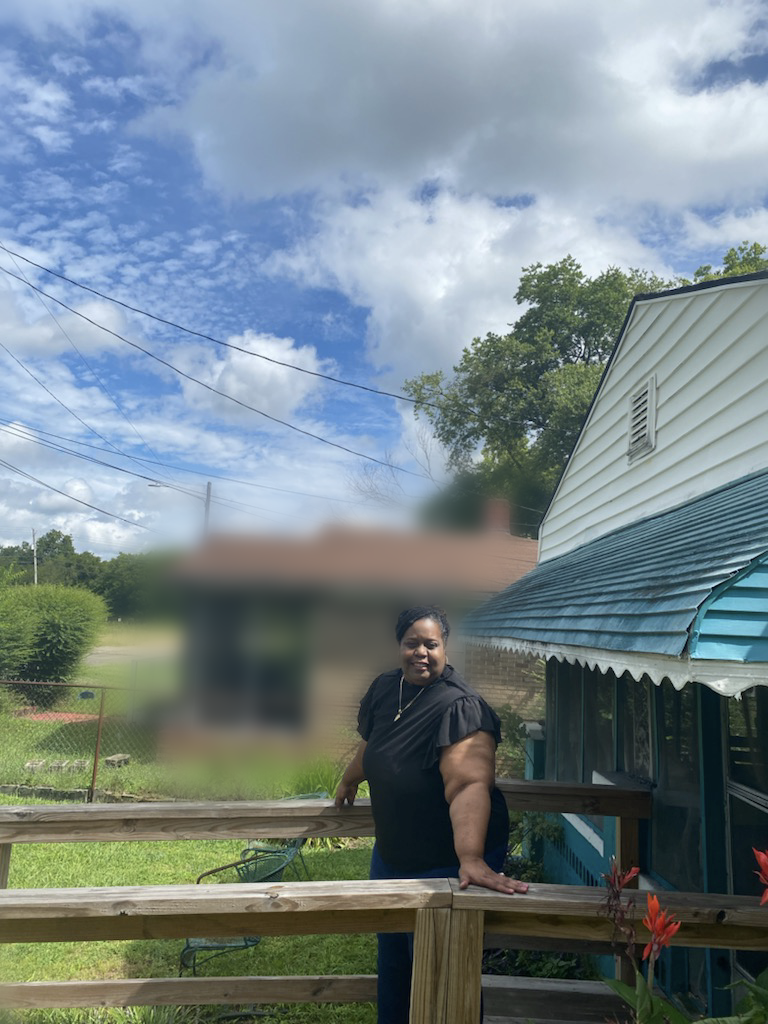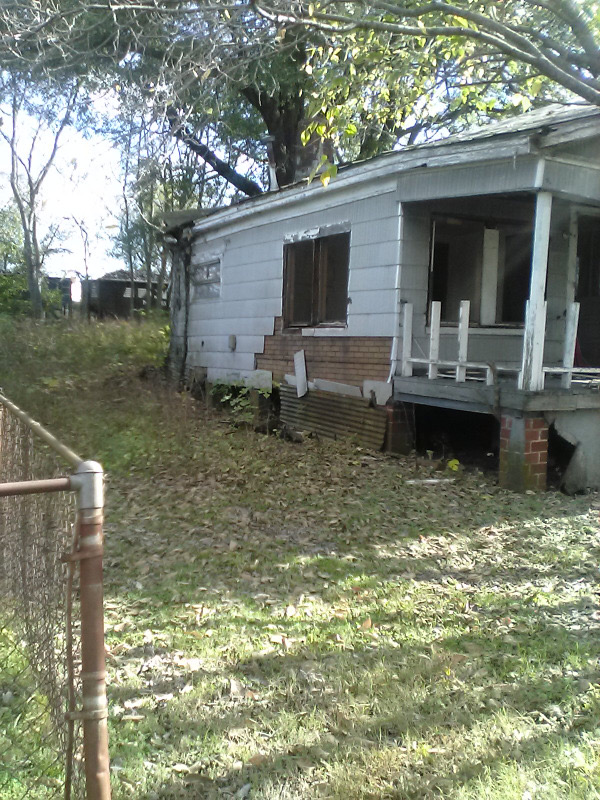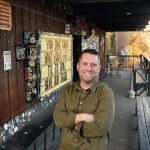Welcome to Community Chronicles. This series will feature subjects that have stories from Birmingham and beyond. They will focus on how environmental change affects everyday people within our communities. Tales will concentrate on individual efforts through advocacy and experience, using rich storytelling to captivate readers and invoke a call to join the fight for a healthy planet.
Birmingham’s Harriman Park has a rich history surrounding its residents. You don’t live there without hearing stories from neighbors about their lives and the things they’ve seen over the years. People know each other. The houses are close and the people are close in relationships and experiences. One of the homes in Harriman Park belongs to Keisha Brown. Her grandfather first bought the home in 1950. It is where Keisha has spent most of her life.
Brown has suffered from asthma for much of her life, an ailment that she’s certain was caused by the pollution she has inhaled daily; Pollution caused by the coking plants in Northern Birmingham. “When I was 9 or 10, I woke up shaking,” she said. “My mom took me to the emergency room at Carraway, which is closed now. The doctors checked me. I stayed up about four or five hours until the early hours of the morning and that’s when I found out that I had developed asthma. I stayed going to the doctor. I have two inhalers. I constantly have to stay on medication. It’s always something.”
Since Carraway’s closure, any emergency visits to the hospital have to be taken to UAB or St. Vincent’s. Otherwise, it’s a UAB satellite campus in Gardendale. “When they tested my yard, they tested for about 15 chemicals,” she says of progressive efforts to find a solution. “I had about eight or nine of those chemicals. The arsenic alone is deadly. For the last seven or eight years or more, they’ve used our old high school–the old Carver High School–a historical Black high school in a Black neighborhood–and put the dirt that they get out of someone’s yard there. If it’s contaminated and nasty, why would you put it right in front of that? If there’s a good rain or wind, those people are ingesting that.”
Brown believes that a lot of promises made by local officials have fallen short. It’s a lot of stalling to delay a final solution that would be much simpler. “For the last 10-12 years, they’ve supposedly been cleaning up or whatever,” she said. “But people are still dying and getting sick. Children still have ailments. People have skin disorders, they can’t even use regular soap. They have to use special creams and stuff. They have the same breathing condition I had as a child– Who wants to live their life like that? They tell us–you can’t go outdoors and play; you can’t chew gum. That sounds like you’re in prison.”
While the residents of the northern Birmingham communities are most affected by the pollution created by the coking plants, Brown insists that it is a problem for everyone in the Birmingham metro area. “There’s help in numbers, and more people need to be involved,” Brown said.
“This is not just my problem; This is all of our problems. Wherever you live, believe it or not, this same pollution is traveling. I was in Hoover a few years ago, and I thought there was a fire in downtown Birmingham. As I got closer to home, I realized that it was from the plant. Do you see how far that’s traveling? Everybody is getting a little taste of pollution. It’s sad that people think it won’t affect them because they live farther away. It doesn’t discriminate. Half of my community has died of cancer. One of my neighbors held my hand days before she died and I told her I loved her, And that hurts because this could have been prevented.”
She’s exhausted. But she continues her fight for her neighbors that won’t speak up. “It’s like a third-world country,” she said. “I know we sound like a broken record, but no one’s doing anything. Politicians keep telling us to vote for them–vote for you for what? What am I voting for you for? To do nothing? We need people who are willing to work with the community’s needs.”
The only answer, according to Brown, is relocation. “Half our community is gone,” she said. “Where we are standing, there used to be houses. People. This was a middle-class neighborhood. We had four or five stores. We still had the nursing home. We still had the elementary school, which closed about four years ago. We had a store with a gas station; a cafe. A drive-thru. It was a middle-class neighborhood. Now people are dying out. It’s deteriorating. Everything is going to ruin. Put us in a nice neighborhood away from industry. The money they have spent could have built us a nice, decent subdivision for all of these people to live in.”
She knows that for many of her neighbors, leaving the lives that they have built behind is difficult. “I know it’s hard to detach,” she said. “But if you die, you’re leaving. Your last days should be your best days. Why should you suffer every day of your life for something that isn’t even your fault? No amount of money can compensate these people for what they have lost in their lives.”







